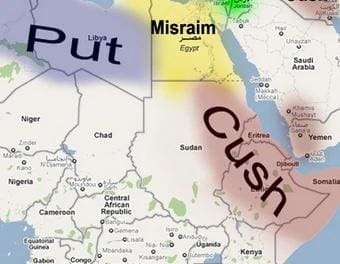Contents
Introduction Origins of the Name Kashmir
Origins of the Name Kashmir : In this article, we delve into the origins of the word ‘Kashmir’ to shed light on the traditionally accepted etymologies surrounding this intriguing term. By exploring various linguistic interpretations and geological research, we aim to uncover the true roots behind the name. Contrary to popular belief, there is no concrete evidence supporting the mystical legend of a drained lake or the involvement of a sage named Kashyapa. Let’s embark on this journey of discovery and separate fact from fiction.
Originating the Name ‘Kashmir’:
The notion that ‘Kashmir’ evolved from the mythological lake ‘Satisar,’ drained by Sage Kashyapa, holds little linguistic evidence. Had the valley’s waters been drained by Kashyapa or his progeny, the capital would likely have been called Kash-yapa-nagar or Kash-yapa-pur, following the naming conventions of that era.
Geological Research:
Recent geological research suggests that the Kashmir Valley was once a lake millions of years ago, with water finding an outlet through a narrow gorge at Varmul through volcanic and erosional processes. However, local geologists and historians argue that the formation of the valley involves different geological stages, including the Karewa beds and erosion of surface water.
Karewa Formation:

The Karewa formation, consisting of Pleistocene sediments like red clay and silt, rests above the folded Paleozoic-Mesozoic rocks in the Kashmir Basin. These sediments played a crucial role in shaping the region’s landscape, with most of the cultivated fields situated on them. The valley’s topography underwent significant changes, including the submergence of the plain area during the Pleistocene glaciation period, leading to the formation of a lake.
Linguistic Interpretations:
One linguistic interpretation of the name ‘Kashmir’ suggests that it is a compound word, with ‘Ka’ representing water and ‘Samira’ signifying wind or a lake drained/dried by wind. Considering the deep trough-like nature of Kashmir with towering mountains acting as rocky walls, this interpretation bears fruit.
Historical Connections:
Historical references shed light on varied interpretations of the name ‘Kashmir.’ The emperor Babur mentioned a race of men called ‘Kas’ residing along the upper course of the Sind or Indus River. He surmised that Kashmir derived its name from this race. Another theory suggests the influence of the Cush or Kash tribe, which settled in different regions and named rivers, mountains, cities, and countries after their ancestor, Kash or Cush.

Imaus and Scythian Connections:
References made by ancient geographer Ptolemy speak of regions beyond the Himalayas known as the ‘Kasia Regio,’ which may have influenced the names Kashgar and Kashgaria. The Scythians, a nomadic people who controlled vast territories in Eurasia from the Black Sea to China, possibly had some presence in Kashmir during their reign. Their influence can be seen in the development of the Silk Road.

Conclusion:
The etymology of the name ‘Kashmir’ remains an intriguing subject. Dispelling myths and misconceptions, we have explored linguistic interpretations, geological research, and historical connections. While the exact origin of the name may remain uncertain, this exploration allows us to comprehend the multifaceted nature of the term ‘Kashmir’ and appreciate the rich history and diverse influences that have shaped the region.
Origin Of Article Myths and misconception: Origins of the name ‘Kashmir’
References:
- Articles and oral conversations with geologist/historian Jalal-ud-Din Shah.
- Auriel Stein’s translation of Rajtaranghani.
- “Being Kashmir” by M.D Sufi.
- “The triple system of orography in Ptolemy’s Xinxiang.”
- “Myth behind the narrative” by Khalid Bashir Ahmad.
- “The Karewa’s of Kashmir” by Birbal Sahni.
